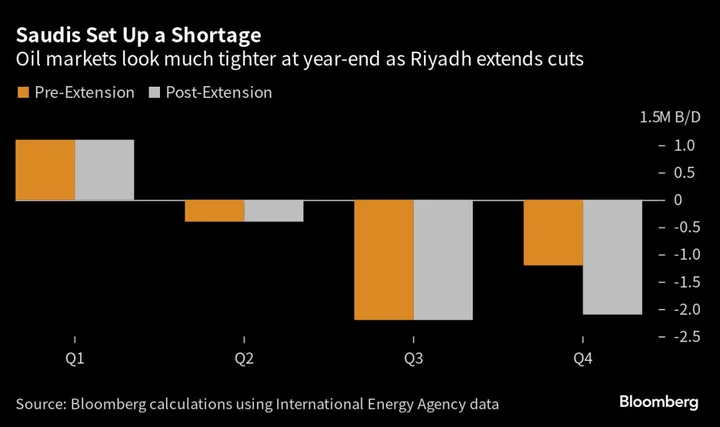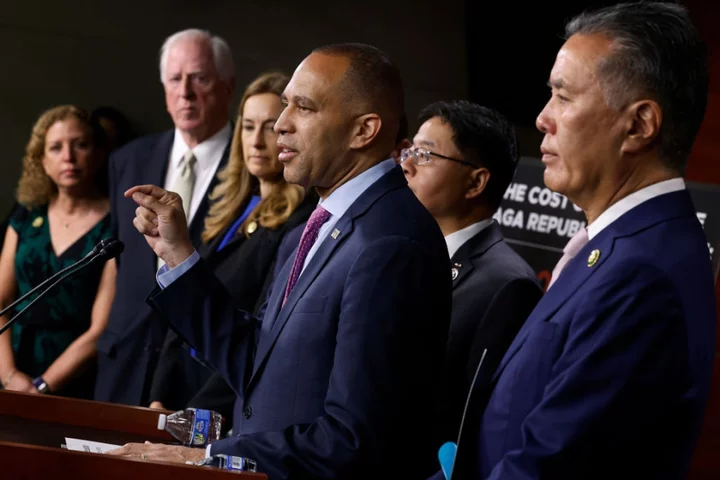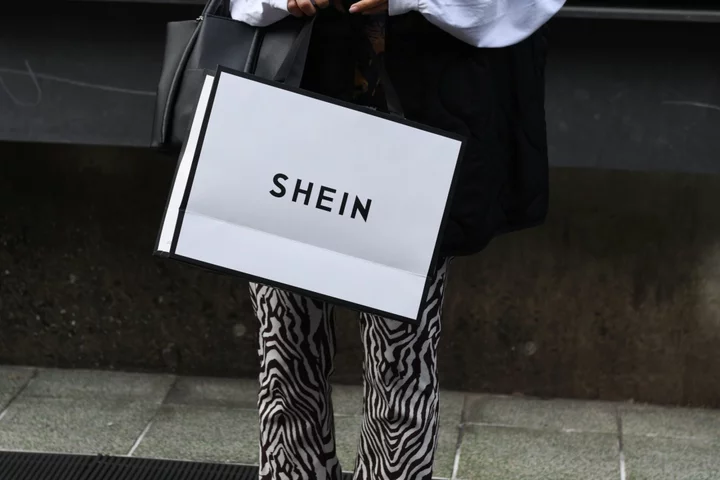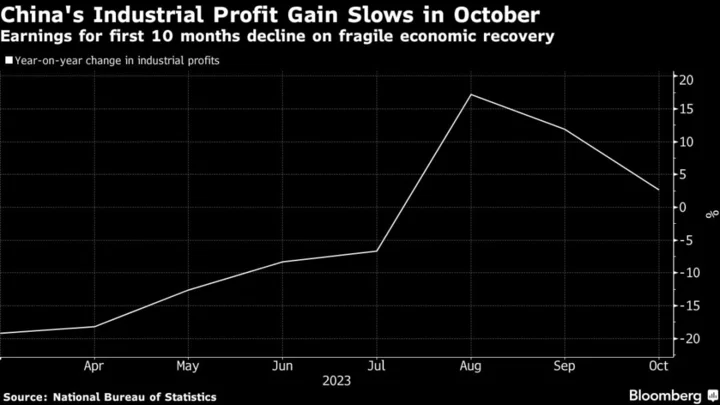Signa Holding GmbH replaced founder Rene Benko with a restructuring expert as a financial crunch threatens the troubled €23 billion ($25 billion) real estate group that co-owns New York’s Chrysler Building and the Selfridges department store in London.
As concerns mount that a messy collapse could reverberate across European property markets, investors in the Innsbruck-based company agreed on Wednesday to name German auditor Arndt Geiwitz chairman of the advisory board and shareholder committee. Benko’s family trust will continue to own the largest stake in Signa Holding.
His appointment is a last-ditch effort to save the sprawling property group. After two decades of aggressive expansion, rising interest rates and plunging valuations have hit Signa’s finances. European bank regulators are watching events out of concern a potential disorderly collapse would send ripples across already stretched commercial landlords.
“Given the current situation, this is the best solution for the company as well as its partners, investors and employees,” Benko said in a statement on Wednesday. “What’s important now is to restore trust.”
Geiwitz, a partner at law firm SGP, had already led insolvency proceedings earlier this year at Signa’s Galeria department store chain in Germany. He rose to prominence for steering high-profile turnarounds, including the bankruptcy of the Schlecker drugstore chain a decade ago.
The announcement comes after a week of turmoil that has seen the Signa Development unit’s bonds fall to around a third of their face value and Fitch Ratings cutting the company’s credit score deeper into junk territory.
Benko’s ouster was prodded by a group of disgruntled shareholders, including Austria construction tycoon Hans-Peter Haselsteiner. The investors had asked Benko to make way for Geiwitz. It’s unclear how long the appointment will last, and Benko vowed to aid the restructuring effort.
“All stakeholders are called upon to support Signa at this time,” he said. “I am fully prepared to do so.”
Geiwitz’s first task will be to clarify the full extent of funding needs. Its debt load involves a broad range of creditors spread across a complex array of financing — from debt secured against buildings to equity-like instruments which offer profit participation rights. There are also promissory notes and one publicly traded bond.
Signa is also privately held and therefore subject to less rigorous reporting requirements than listed real estate companies. Its operations are also split into several closely-held units, which often have different sets of investors and add to the complexity.
Signa Prime — a development unit for luxury properties — had chalked up more than €10 billion in financial liabilities at the end of 2022. Among the looming maturities are a €200 million privately issued bond coming due at the end of November, and profit participation rights due at year-end, according to corporate filings.
Holders of the bond issued by Signa Development — another unit — and Saudi Arabia’s Public Investment Fund have each tapped their own legal advisers to deal with their exposure to the group. Signa Prime and Signa Development have also hired Rothschild & Co. and White & Case to assist them in the restructuring efforts.
The array of stakeholders pursuing their own interests creates a significant challenge for Geiwitz. Concern over the company’s future and the dire outlook for European commercial property may complicate efforts to pull in more funding.
“Signa needs calm and order at this time,” Geiwitz said in the statement. “We will approach these important tasks prudently and rationally.”
Author: Marton Eder, Libby Cherry and Laura Malsch









